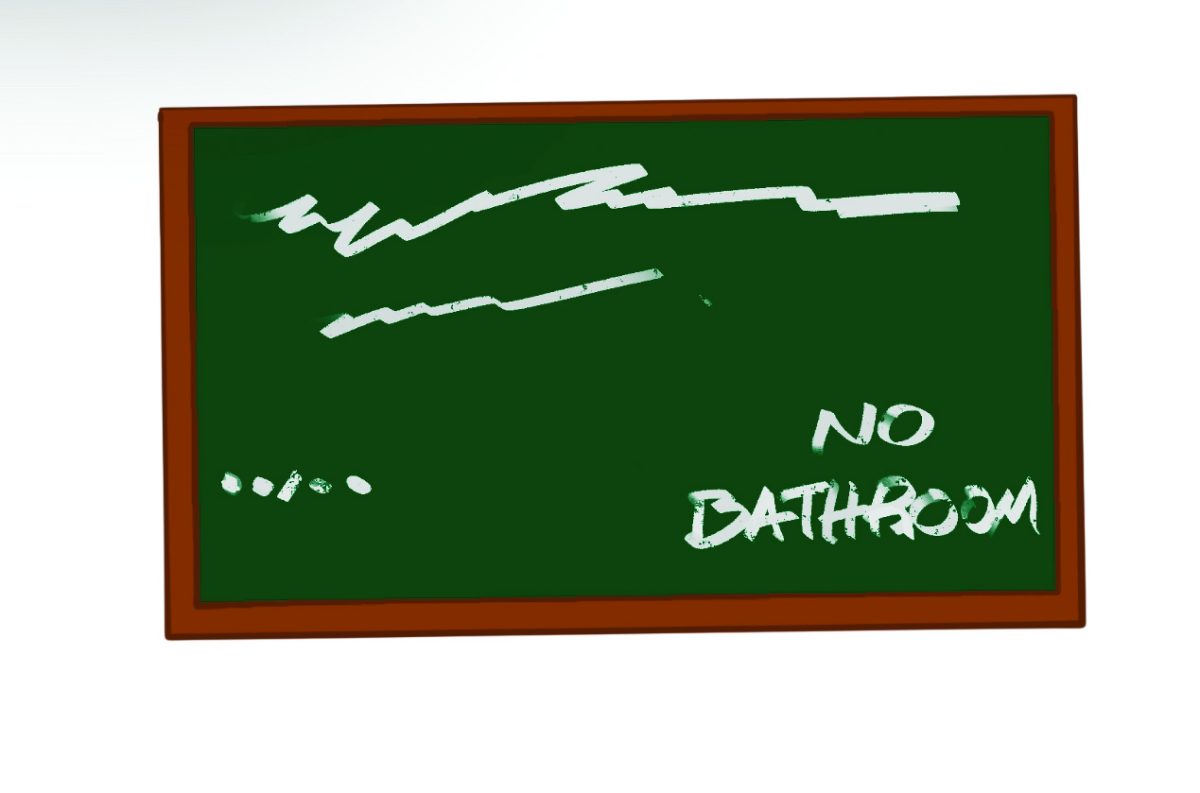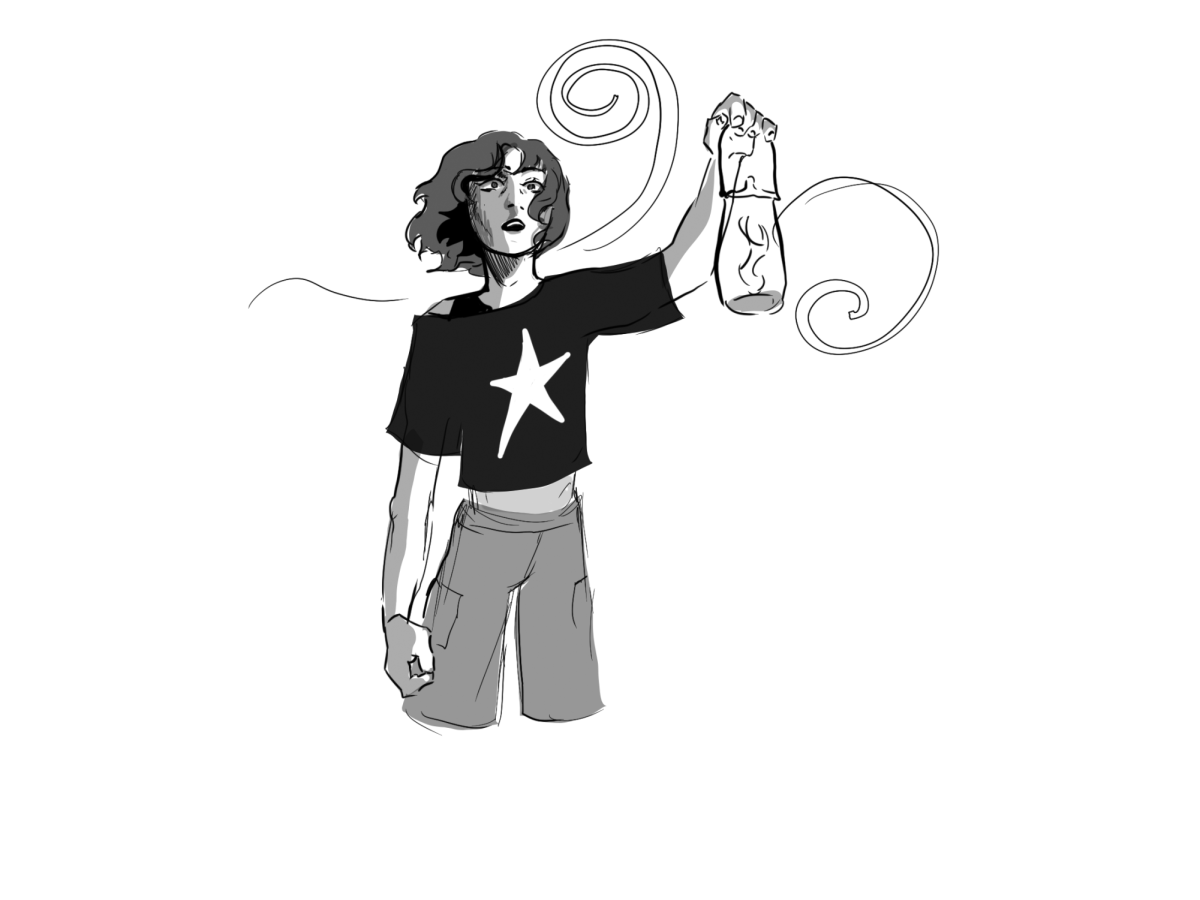
Data and Online Manager
A word currently thrown around on both sides of the aisle is the term “snowflakes,” which is mostly used by people who wish to describe the opposite side as not being able to hear any opinion other than their own.
It is no secret this term has been used by conservatives to describe university students, typically used when defaming “safe spaces.” Typically found on college campuses, safe spaces are intended to be locations where people will not be exposed to harassment, discrimination, criticism, or any form of physical or emotional harm.
Safe spaces are often criticized by conservatives, as they believe these safe spaces limit free speech and don’t allow for productive dialogue.
However, liberals have also used the term snowflakes to describe conservatives who are not open to liberal free speech, citing many conservatives’ opposition to protests on racial inequality, whether it be an NFL player taking a knee during the national anthem or a full scale Black Lives Matter rally.
But in reality, the truth is that we are all snowflakes.
The fact of the matter is that many Americans have started to become desensitized to opinions other than their own.
Psychologist Mark Brandt Ph.D has been a leader in research regarding how tolerant liberals and conservatives are to one another.
While Brandt has done studies focusing on ideological differences to religious fundamentalism, his research has consistently found that people are much less tolerant to people who share different views than themselves.
One of the best examples of these findings comes from a research article written by Brandt and fellow researchers Geoffrey Wetherell Ph.D and Christine Reyna Ph.D that was published in the journal Social Psychological and Personality Science. The study says the collected data, “suggests liberals and conservatives are equally likely to discriminate against value violators,” meaning research showed both liberals and conservatives were equally as likely to support discrimination against groups that violated their personal values.
This can be attributed to a few key factors, one of the largest being the growth of social media in politics. According to the Pew Research Center, in 2017 approximately 45 percent of adults in the United States get news from Facebook.
One of the biggest things about Facebook in particular is that it will tailor what you see based on your past searches and views. This means people who frequently view liberal news pages will be shown more liberal news pages on their feeds.
Its algorithms are set up to direct you toward things you appear to enjoy and continuously view, whether that be the latest cute cat video or an ultra left-wing communist podcast.
It shouldn’t come as a surprise to us that this has isolated the two sides of the political spectrum. These self-created echo chambers don’t allow for people to be exposed to new opinions and make people more sensitive to voices not saying what they already believe.
The big picture is that the country has started to become so divided that people have begun to not accept the other side when they win.
This isn’t a particularly new concept. Since the beginning of this country, there have always been individuals who didn’t accept the results when officials were elected into office. This has been particularly evident with the election for the president of the United States, leading to the infamous phrase, “Not my president.”
The most extreme variation of this phrase for this comes from the election of Abraham Lincoln and the subsequent secession of the South and the beginning of the Civil War.
But the phrase, “Not my president” has made a come back in the 21st century.
This was particularly evident when many people protested the election of Donald Trump, using the phrase to show they didn’t accept the election results. It shouldn’t take much effort to recall the talks of moving to Canada and even in some cases, secession.
This isn’t just a phrase used by liberals after Donald Trump was elected.
Some people may recall the same exact words being used by liberals to describe Trump as the words that were used to describe his predecessor, Barack Obama. After his election, many conservatives threatened to do many of the same things people prepared to do almost a year ago.
It is clear no side has managed to obtain the moral high ground when it comes to being sensitive to the other side of the political spectrum; but the question remains: What are we what to do now?
Will we continue to enclose ourselves in bubbles containing only the “correct” opinions, or will we change and learn to hear out the devil we see on the other side? Derek Nguyen
Derek Nguyen






